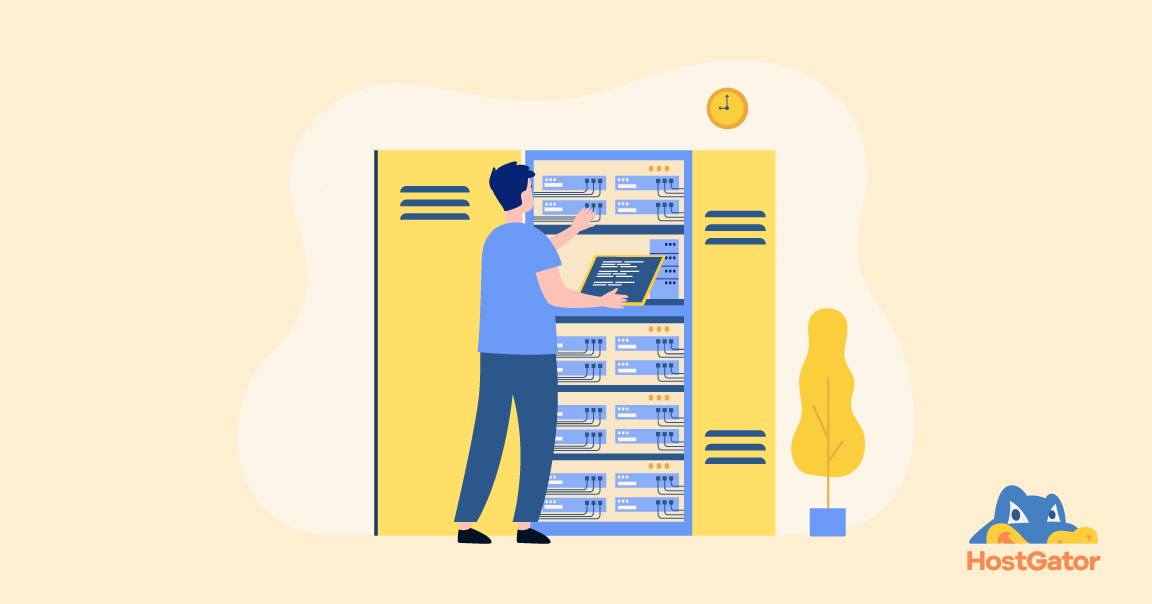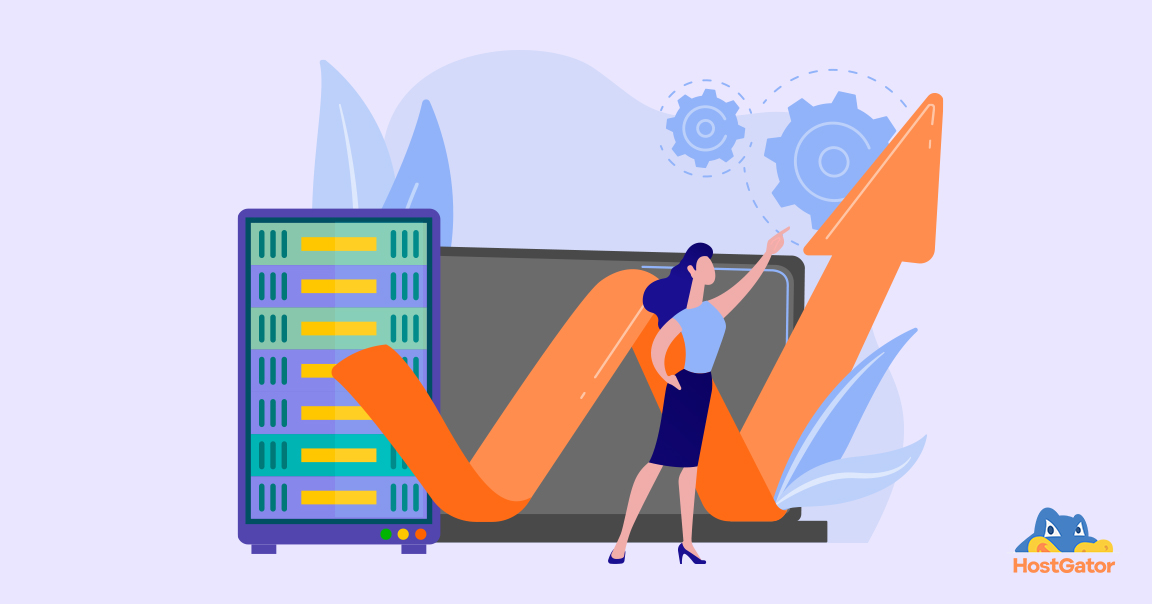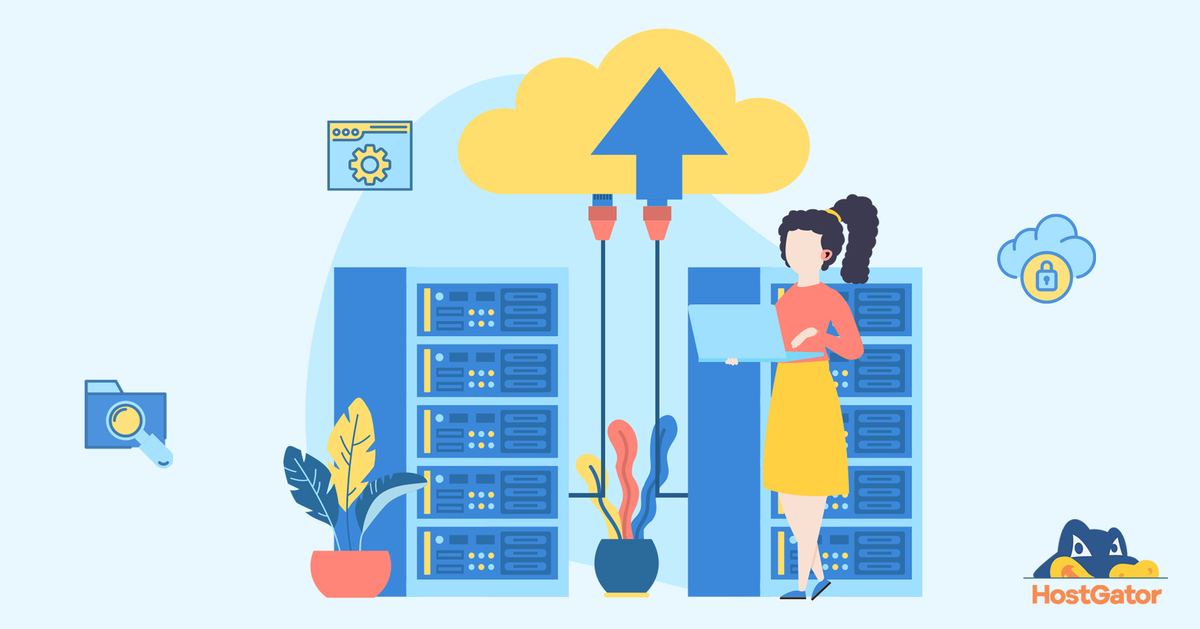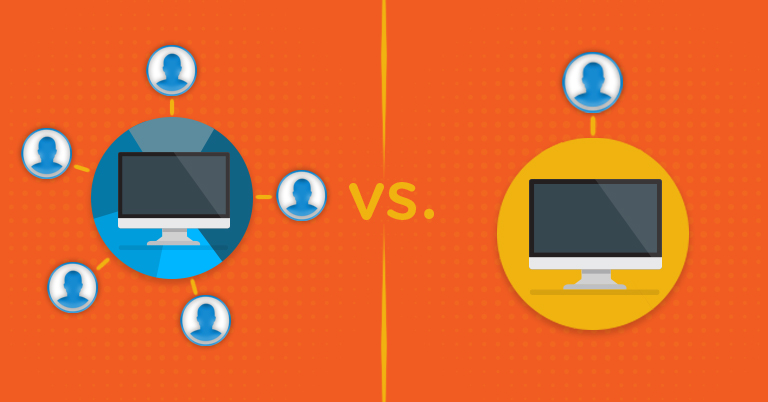Cloud security forms the backbone of modern digital operations, protecting valuable data and applications hosted in cloud environments. Organisations seeking robust protection must understand that security in the cloud differs significantly from traditional on-premises security.
The dynamic nature of cloud environments requires specialised security approaches that can adapt to changing threats while maintaining operational efficiency. Modern cloud platforms handle massive amounts of sensitive data, making security measures not just a technical requirement but a fundamental business necessity.
The challenge in cloud server security is not just in implementing security measures but also in effectively maintaining them across distributed cloud environments that may span multiple providers and geographical locations.
Top Cloud Server Security Practices
Advanced Encryption Protocols
Encryption serves as the basic building block of data protection for organisations seeking secure cloud hosting services. Modern encryption protocols work tirelessly to protect data at every stage of its lifecycle.
Advanced encryption standards such as AES-256 ensure that sensitive information remains secure whether it is stored in databases, moved between servers, or accessed by authorised users.
Organisations must implement both data-at-rest and data-in-transit encryption, complemented by robust key management practices that include regular key rotation and secure storage. A well-designed encryption strategy also includes format-preserving encryption for structured data and end-to-end encryption for sensitive communications.
Comprehensive Access Control Systems
The foundation of most secure cloud hosting relies heavily on sophisticated access control mechanisms that go beyond simple username and password combinations. Modern access control systems incorporate multiple layers of security, including biometric verification, hardware tokens and context-aware authentication policies.
Further, role-based access control (RBAC) ensures users can only access resources necessary for their specific job functions. On the other hand, privileged access management (PAM) provides additional controls for high-risk administrative accounts.
Regular access reviews and automatic permission management keep the principle of least privilege in place. This totally reduces any chances of unauthorised access and data breaches.
Comprehensive Security Assessments
Organisations implementing robust cloud security must conduct regular, thorough security assessments that evaluate every aspect of their cloud infrastructure. These assessments should include automated vulnerability scanning, manual penetration testing and detailed configuration reviews.
Security teams should also perform regular cloud security posture assessments to identify misconfigurations and compliance gaps. Advanced security testing might include red team exercises that simulate sophisticated attack scenarios, helping organisations understand their security strengths and weaknesses in real-world conditions.
Data Protection and Recovery Strategies
Implementing secure cloud server security requires comprehensive data protection strategies that go beyond simple backups. Organisations need to implement multi-layered data protection that includes regular backups, point-in-time recovery capabilities and geographically distributed redundancy.
Data classification helps ensure appropriate protection levels for different types of information, while data loss prevention (DLP) systems prevent unauthorised data exfiltration. Regular testing of backup procedures ensures organisations can quickly restore operations following any security incident.
Network Security Architecture
Implementing strong network security with secure cloud hosting services requires a sophisticated, multi-layered approach. Modern cloud environments need advanced firewalls that can adapt to evolving threats, combined with intrusion detection and prevention systems (IDS/IPS) that actively monitor network traffic for suspicious activities.
Network segmentation also plays an important role by creating isolated security zones that prevent lateral movement in case of a breach. In addition, software-defined networking (SDN) enables dynamic network security controls that can automatically respond to threats.
Organisations must also implement secure VPN connections with strong encryption for remote access, ensuring data remains protected as it travels across public networks.
Comprehensive Employee Training Programs
The human element remains critical in maintaining cloud security. Organisations must develop comprehensive security awareness programs that go beyond annual compliance training. These programs should include hands-on workshops, simulated phishing exercises and regular security updates that keep employees informed about new threats.
Training should cover secure data handling practices, incident reporting procedures and social engineering awareness. Security champions programs can help create a culture of security awareness by embedding security-conscious individuals throughout the organisation.
Regulatory Compliance and Security Standards
There is no room for negotiation when it comes to cloud server security; compliance with legal regulations and industry standards is an absolute need. Organisations must maintain comprehensive compliance programs that address requirements from multiple frameworks, including GDPR, HIPAA, SOC 2, ISO 27001 and PCI DSS.
This involves regular compliance assessments, documentation of security controls and continuous monitoring of compliance status. Organisations should implement automated compliance monitoring tools that can quickly identify and alert compliance violations, enabling rapid remediation of any issues.
Advanced Incident Response Capabilities
The most secure cloud hosting environments require sophisticated incident response capabilities that can quickly detect, contain and remediate security incidents. This includes establishing dedicated incident response teams, implementing automated incident response playbooks and maintaining clear communication channels for stakeholder notification.
Organisations should develop detailed incident response plans that outline specific procedures for different types of security incidents, from data breaches to ransomware attacks. Further, regular incident response drills help ensure teams can effectively execute these plans under pressure.
Security Tool Integration and Automation
Modern cloud hosting security relies heavily on integrated security tools that work together seamlessly. Security orchestration, automation and response (SOAR) platforms help coordinate different security tools and automate routine security tasks.
SIEM systems collect and analyse security data from many sources to provide complete security insight. Integration between security tools enables automated responses to security incidents and improves overall security effectiveness.
Vendor Risk Management
Organisations must implement comprehensive strategies to manage relationships with cloud service providers and third-party vendors who access their cloud environments. This process begins with rigorous security assessments that evaluate vendors’ security controls, compliance certifications and incident response capabilities.
Further, companies should also establish detailed security requirements in service level agreements (SLAs), including data protection standards, breach notification procedures and audit rights.
Regular monitoring of vendor security performance through continuous assessments, security scorecards and compliance reviews is essential. Organisations must maintain a detailed inventory of all cloud services, including their purpose, data classification and security controls.
Security Architecture and Design
Implementing robust security architecture principles is fundamental to establishing and maintaining effective cloud security. Organisations should adopt a security-by-design approach, incorporating security considerations from the initial planning stages through implementation and ongoing operations.
This includes embracing zero-trust security models that verify every access request regardless of source location, implementing strong identity and access management controls and ensuring proper network segmentation.
Cloud resources must be configured according to industry best practices and security benchmarks, with regular hardening procedures applied to all systems. Organisations should regularly review their architecture to check how well their security measures are working, find any weaknesses and make sure they meet changing business needs and threats.
Conclusion
Creating and maintaining robust cloud hosting security requires a comprehensive approach that combines technical controls, human awareness and strong processes.
Organisations must continuously check and improve their security to stay ahead of new threats while maintaining operational efficiency. Remember, success in cloud security comes from building a strong security foundation and continuously adapting to new challenges.
HostGator makes cloud hosting easy and secure! Our top-notch security features, including encryption and regular backups, keep your data safe. Plus, our 24/7 support means we are always here for you. Choose HostGator for reliable, secure cloud hosting that ensures your business runs seamlessly.








